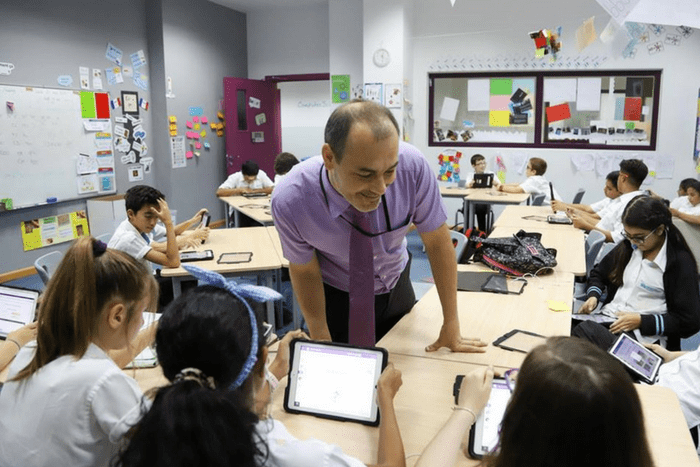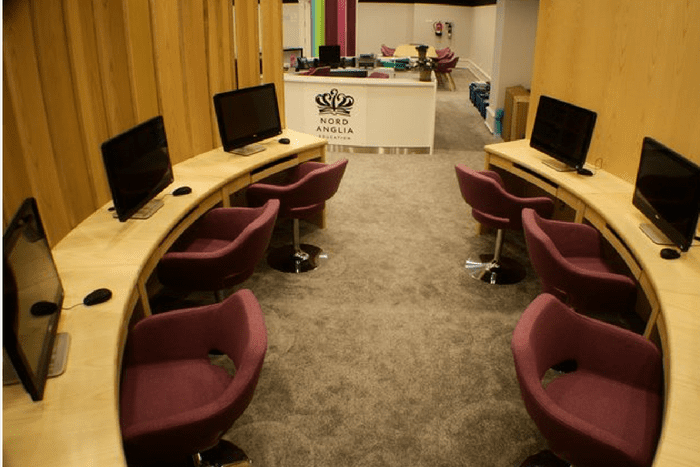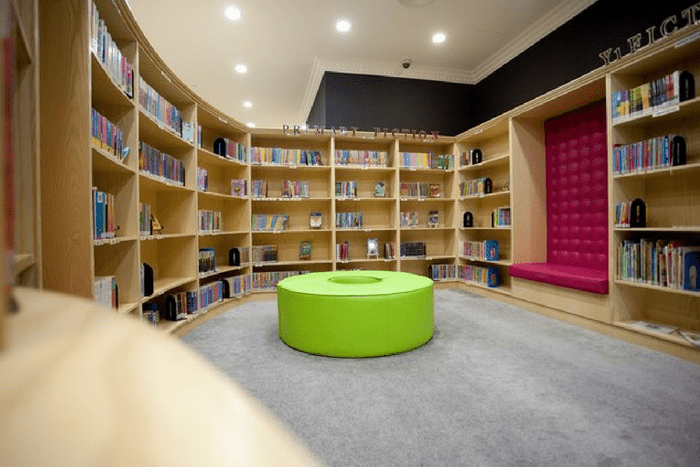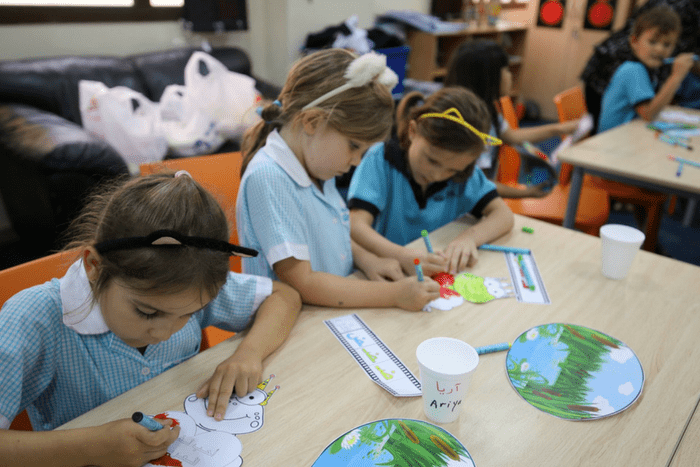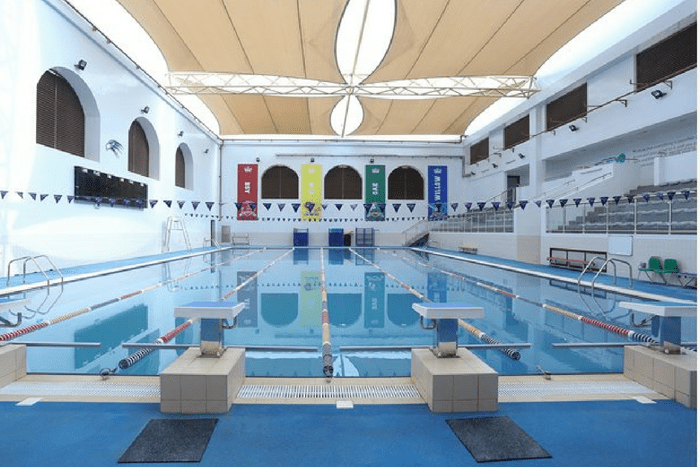With a wide range of academic and extracurricular opportunities, the IB Diploma at The British International School of Abu Dhabi allows students to face a series of life-changing challenges that develop their independence as learners and shape them as global citizens.
This month, The British International School of Abu Dhabi is celebrating outstanding International Baccalaureate Diploma results achieved by their 2017/18 graduating students who achieved a 100% Diploma pass rate which is not only above the world average of 79% but is the highest in the school’s history.

A benchmark of the high level of success is the school average points score of 32, which is significantly above the world average of 30.These results place The British International School Abu Dhabi alongside the leading international schools (selective and inclusive) not only in the UAE, but worldwide.
The inspiring individual scores of the students will allow them to take up places at some of the top universities in the world. 14 of the 22 full diploma students achieved 30 points or higher, securing offers from some of the top universities in the world including Edinburgh University and University College London. The highest achieving students, Liam Mulligan scored 42 points while his classmate Daniela Santos Jankovic scored 41, which places them both in the top 4% of diploma candidates worldwide.
Liam, who is now looking forward to studying Maths at Edinburgh university said, “relief was my first emotion when getting the IB results. It was a great feeling to see that all the hard work I put in has paid off, and I got the results that I wanted. The IB Diploma was difficult but I enjoyed it and am happy I did it. I got into the course I wanted to do, which is Edinburgh to study Maths.”
“We are immensely proud of our students’ achievements this year in the gold standard of university entrance programmes, the IB Diploma," Brian Irving, Head of Secondary
Is an IB Diploma right for your child?
The International Baccalaureate Diploma Programme is widely regarded as the world’s premier post-16 qualification, offering students a wide range of subjects and opportunities to develop their social and leadership skills. Each student undertaking the IB Diploma studied 6 subjects- 3 at Higher Level and 3 at Standard Level. Students can be awarded a maximum of 7 per subject with an extra 3 ‘bonus’ points available for a combination of their Extended Essay and TOK (Theory of Knowledge) giving a total possible maximum score of 45 points (achieved by the top 0.34% of students worldwide).
An example of IB’s core experiences is the Creativity, Activity and Service elements (CAS), where students set themselves development goals in line with stringent criteria. This helps to test their resilience and determination, allowing them to learn to make a difference both with and for others. An annual visit to Nord Anglia’s sustainable development project in Tanzania is taken in order to fully support this.
Other elements such as the Theory of Knowledge (TOK) course and the Extended Essay, take students on an academic journey that broaden their minds and, perhaps more crucially, equip them with the skills and aptitudes that shape them as lifelong learners. Ranging from the natural sciences to mathematics to the arts, the 4,000 word assignment is demanding, but returning IB graduates have stated that it gives them a discernible edge when making the transition to study at university.
Some might argue that IB has a lack of specialism, but BISAD strongly believes that that is IB’s strength! Over-specialisation at the age of 16 is far too early; keeping the students’ options as open as possible affords them the opportunity to make properly informed choices about their aptitudes and interests.
IB students obtain a broad range of skills that are essential for their development as undergraduates. When researching the long-term effectiveness of preparation for university, the IB Diploma comes out on top in almost every measure. They are more likely than their peers from other education systems to enter one of the UK’s top 20 universities, obtain a first class honours degree, and move on to postgraduate study. Whilst entry rates in countries as diverse as the United States, Turkey and Japan also received similar results.
Its value is not just measured in grades and university outcomes; it is the nature of the course and the philosophy that underpins it that the IB Diploma’s value lies. Developing internationally minded people who, recognise their common humanity and shared guardianship of the planet and help to create a better and more peaceful world. In an age where there is much talk about constructing walls, the IB remains focused on building bridges and therein lies its strength.
Note: A previous version of this article listed Liam’s score as 41. His score was reviewed and adjusted upward to 42 and this article has been updated to reflect that.

